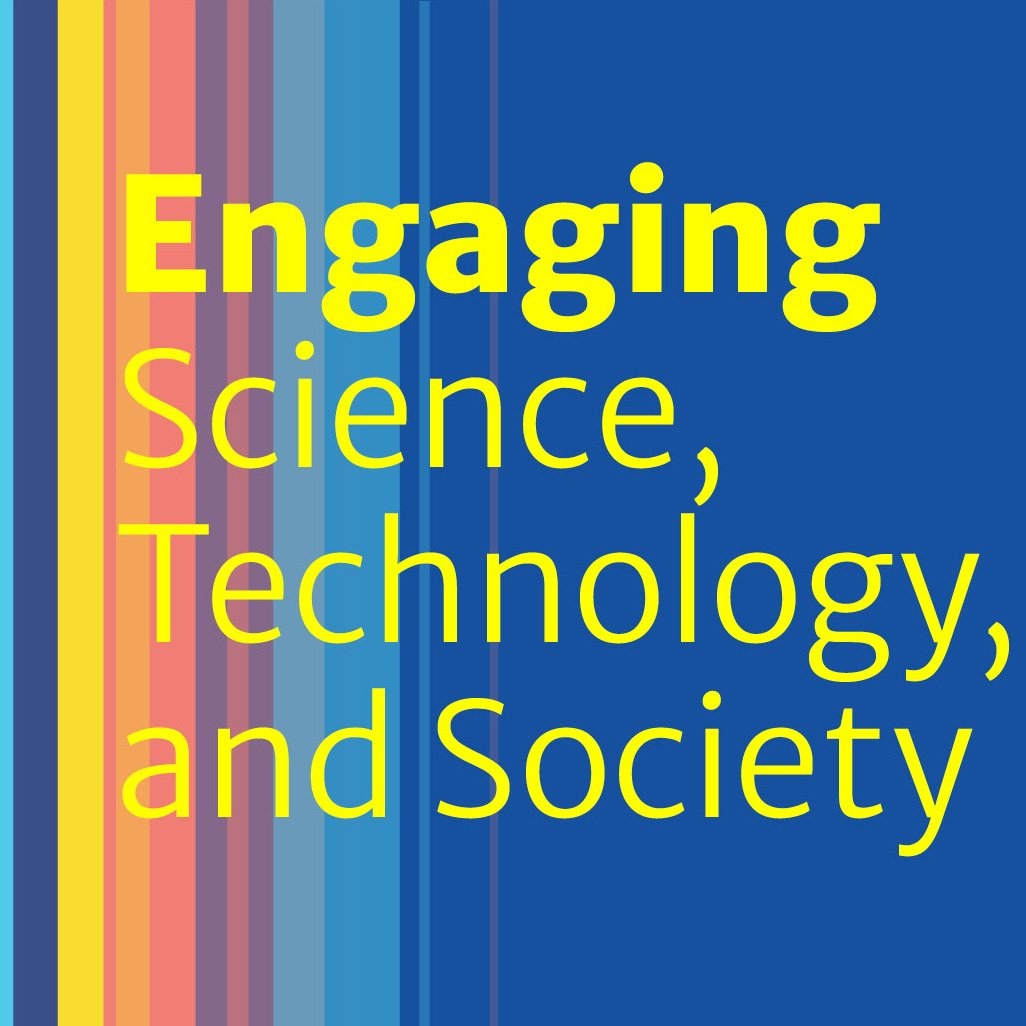The Politics of “Tech for Good”
Over the last 30 years, the world's leaders have realized that while innovation systems have brought us important technologies and economic prosperity, they have not benefitted everyone. Potentially life-saving pharmaceuticals are inaccessible to many, while some technologies reflect and reinforce structural inequalities. Meanwhile, wealth and income inequality are increasing. One solution, loosely called “inclusive innovation”, aims to explicitly incorporate the world’s marginalized communities into the innovation system as consumers, laborers, and even innovators. My current book project investigates the evolution, implementation, and moral and political impacts of this approach, with a focus on sanitation and menstrual health and hygiene in India.
Grants from the University of Michigan's Institute for Research on Women and Gender, Poverty Solutions, and Office of Research have supported this project.
DISCUSSING: COMMODIFYING DEVELOPMENT
The Meaning, Consequences, and Politics of Inclusive Innovatoin in India
January 18, 2021
Related Writing
-

A Tale of Two Perspectives on Innovation and Global Inequality
Engaging Science, Technology, and Society. 2023
-

How Sanitary Pads Came to Save the World: Knowing inclusive innovation through science and the marketplace
Social Studies of Science. 2022
-

The power (& disempowerment) of Menstrual Hygiene Management
Discard Studies. October, 14 2019
-

Grassroots Innovation Systems for a Post-Carbon World: Promoting Economic Democracy, Environmental Sustainability, and the Public Interest
Brooklyn Law Review. 2017
-

Fostering Grassroots Innovation: Lessons India Can Teach Michigan
The Next Idea, Stateside, Michigan Radio. Op-ed and radio interview.May 9, 2016
